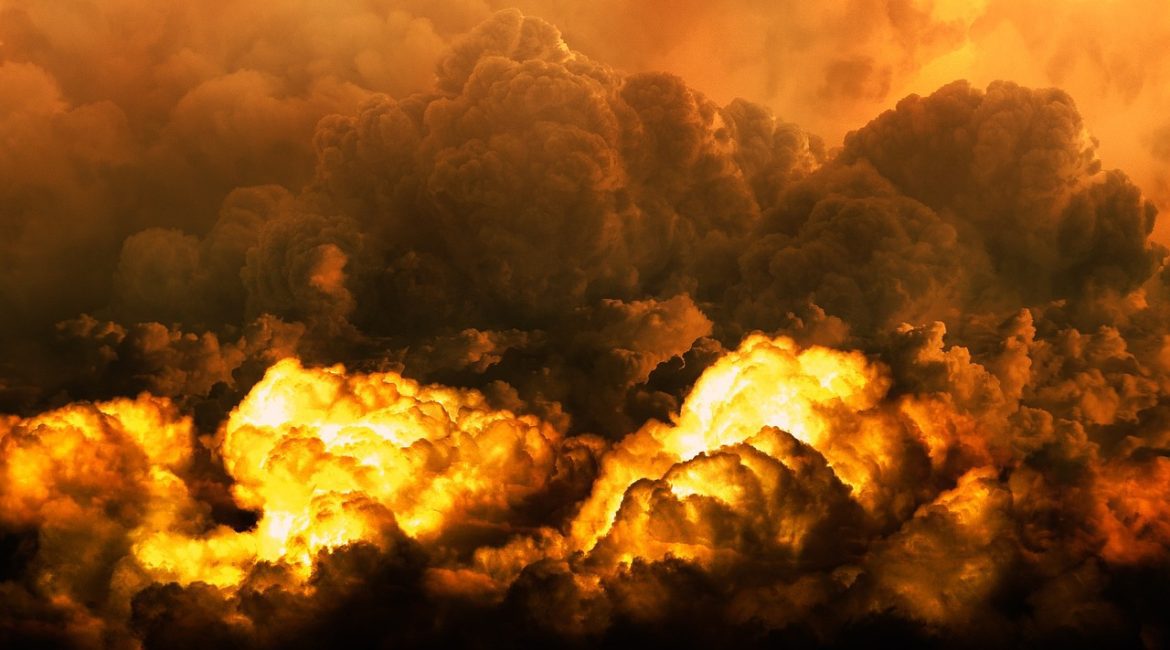Hezbollah has been hostile to Israel since its founding in the 1980s amid the civil war in Lebanon and Israeli intervention in that country. The Islamist group has fought two wars against the Jewish state that it claims to have won, the first in 2000 when Israel withdrew from southern Lebanon, and the second in 2006. Both wars were a source of legitimacy in the Muslim world for Hezbollah, the Shiite group becoming popular even among Sunnis, despite the differences between these two branches of Islam, which are fueled mostly by radical groups in both camps. Moreover, Hezbollah also came into conflict with Sunnis during the Syrian civil war, when it fought alongside the forces of Bashar al-Assad, which led to a decline in its popularity among Muslims.
Its involvement in the Syrian war, however, did not make Hezbollah to abandon its anti-Israeli rhetoric, so the Lebanese group was practically forced to show that it was ready to intervene in support of the Palestinians and launched a series of attacks across the border. However, these were generally limited attacks, which suggests that the Shiite group does not want an escalation of the conflict. The situation is extremely complicated right now in Lebanon, a partly-failed state on the brink of economic collapse, so a war is the last thing Hezbollah needs. In addition, the Shia group cannot be sure that, in the event of a conflict with Israel, the Lebanese state or other important communities of the country - primarily the Sunnis and Christians, but also the Druze - will provide it with support; historical experience shows that, on the contrary, they will pursue their own interests and may even come into conflict with Hezbollah.
However, the situation in the area is so fluid and tense that an escalation can be reached at any time. It would be enough for a round fired by Hezbollah across the border to cause some casualties, Israel to respond with force and hit a nerve point, the Islamists to seek revenge and so on, until everything spirals out of control. Another factor that could push Hezbollah to act forcefully is the humanitarian situation in Gaza. The destruction and loss of human life in the Strip is already very high, and this only fuels the indignation of the Muslims - especially the Arabs - and the desire for revenge among some of them.
If a conflict were to break out, Hezbollah would be a far more dangerous adversary than Hamas, given that it has the experience of the brutal Syrian war, is backed by Iran, is not isolated like the Gaza Strip, and has an impressive arsenal that includes one hundred and fifty thousand rockets that he can launch on Israeli cities.
Somewhat further from the epicenter of the conflict, in Yemen, the Houthi militia lacks the ability to truly threaten Israel or the United States, despite its rhetoric and the attacks he has already launched. After years of civil war between the Houthis and the Saudi-led coalition, Yemen is a failed-state marked by a deep humanitarian and economic crisis. It could, however, create problems in the Bab el-Mandeb Strait.
Finally, the Shia militias active in Syria and Iraq do not represent that much of a danger either. In Syria, they also have to take into account the Kurdish forces, who control the area where the Americans are also located. Furthermore, when they have attempted to confront Washington's forces directly, the result was disastrous for the militias. The situation is not too different in Iraq either. Indeed, militias can fire rockets at US bases where troops are also stationed, but it's hard to believe that a massive assault would be successful.
The fact that the major Shiite actors would not have any strategic gain if they went to war with Israel does not mean that within these groups, or in Tehran, there are not also partisans of a total war. Basically, we have to take into account the fact that we are not talking about rational and pragmatic state actors, but about religious fundamentalists.

